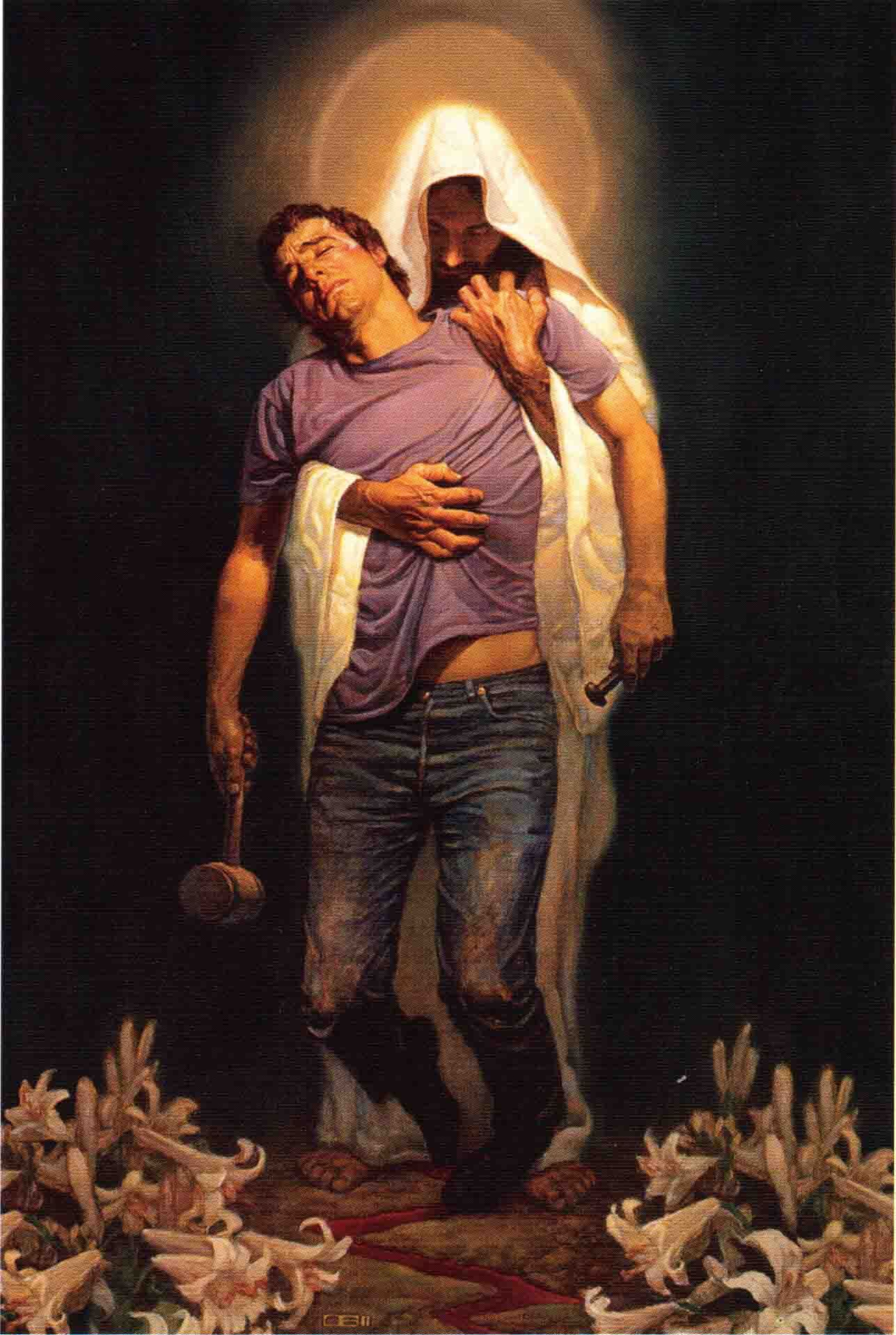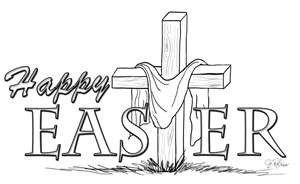True Reconciliation

Joke: An elderly man on the beach found a magic lamp. As he picked it up and started cleaning it, a genie appeared and said: “Because you have freed me I will grant you a wish.” The man responded. “I fought with my only older brother thirty years ago. I want to be reconciled with him so that he may forgive me and start loving me.” The genie said, “I am glad that you didn’t ask for money or riches. Your wish is granted. Are you sick and about to die?” the genie enquired. “No way!” the man shouted. “But my unmarried, older brother is about to die and he’s worth about $60 million!”
Unlike this elderly man who wanted to reconcile with his older brother because of his money, the Lord Jesus Christ in today’s Gospel invites us to reconcile with one another with unconditional love, not money. How would we reconcile with one another with unconditional love?
In today’s Gospel, under Saint Luke’s writing, we have learned that there is not only a prodigal son in the story but there is also another son. This son refused to come to celebrate for his younger brother came back and was welcomed back and was feasted with a fattened calf after spending all his money. Has the younger brother done anything wrong to the older one? Why has he gotten mad with his younger brother and with his father? Has the older son done anything wrong to his father? Why did he refuse to come to celebrate when his younger brother came back?
This parable would better be named as a story of two sons rather than a story of a prodigal son. It’s not only the prodigal son who needs to reconcile with his father, but also his older brother as well.
The younger son said to his father, “Father give me the share of your estate that should come to me.” Rather saying to him, “Old man dies and gives to me what belongs to me.” Don’t we ask for our inheritance when our dad is dying? We don’t ask when he is still in good health, do we? What is it about this younger son to do with us? Have we ever asked God for our inheritance? For money? What do we do if we receive what we asked for? What happens if we don’t receive what we asked for?
A true story: A pious and faithful lady came to the Church and asked for help. I happened to be there. She explained her situation and how she needed $500. I told her that we could help her with $100 only, but she insisted on the full amount, and she just wanted to borrow. She even said to me that if the Church doesn’t help her with that amount, she will quit going to Church. I lent it with my own money, and of course, I accidentally saw her at the grocery one day after some years passed, she didn’t even mention anything about that money.
The father in today’s Gospel worked hard to have what belonged to him and not belong to the son, but the son claimed it belonged to him. The father was a generous and loving father who just gave his son what he asked for with no questions to ask. What did the son do with what his father gave to him? He went to spend his inheritance to satisfy his flesh desires to the point that he broke. Greedy prompted him to ignore his father’s well-being to fulfill his desire. When he’s broken that his desire wasn’t fulfilled, it comes to haunt him. Haunting to his senses, the younger son recognized his wrongdoing, he came back to his father and asked for forgiveness saying, “Father, I have sinned against heaven and against you. I no longer deserve to be called your son; treat me as you would treat one of your hired workers.” Have you and I ever felt sorry for what we did wrong and asked for forgiveness? We might not see our wrongdoing to come to ask for forgiveness, have we seen the need to reconcile with God and with one another?
Unlike the younger son, the older son always obeyed his father and never lost sight of his father’s care. This older son saw his father as his boss and not as his father, and he said to his father, “Look, all these years I served you and not once did I disobey your orders.” Those of us come to Mass faithful on every Sunday and holy days of obligation. We try to live God’s commandments and to love one another as the Lord Jesus taught us. But who is God for you? Have you ever seen him as your father? With all the pious deeds and good things you have done, have you deserved to win the lottery to feast with others? To have a promotion at work because you are a Christian?
Out of jealousy, the older son couldn’t see his father as a father but as a boss. Out of jealousy, he couldn’t even recognize that what his father had belonged to him. Jealousy only led him to complain and complain as he said to his father, “You never gave me even a young goat to feast on with my friends.” When there is only complaint after complaint, there is no conversation. When there is no conversation, there is no relationship. When there is no relationship, we isolate ourselves away from others. When we isolate ourselves away from others, we are in the stage of loneliness. When we are in the stage of loneliness, we are in the stage of being in the absence of God and others. So when jealousy occurs, we are in the stage of being in the absence of God and others.
True reconciliation is when we recognize that we sin; we confess; we’re sorry about our sins, and try not to sin again. Jealousy is a stage of being in the absence of God and others. How would one stay away from being jealous if it’s not to learn to love instead of getting jealous? Lent is a good time for us to practice love and not to get jealous. The decision is always yours.








